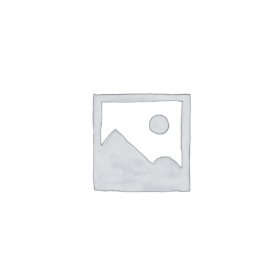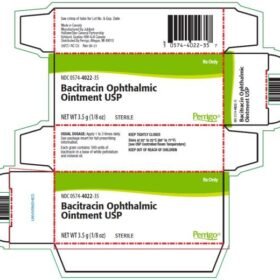
Amlodipine
Amlodipine is also used alone or in combination with other medicines to treat high blood pressure (hypertension) in adults and children at least 6 years old. Lowering blood pressure may lower your risk of a stroke or heart attack.
Amlodipine besylate is available as:
- Amlodipine 5 mg tablets (Norvasc)
- Amlodipine 10 mg tablets (Norvasc)
- Amlodipine 2.5 mg tablets (Norvasc)
- Amlodipine 1 mg/mL solution (Norliqva)
- Amlodipine 1 mg/mL oral suspenstion (Katerzia)
Amlodipine side effects
Common amlodipine side effects
The most common amlodipine side may include:
- dizziness, drowsiness;
- swelling of your legs or ankles;
- irregular heartbeat;
- pounding heartbeats or fluttering in your chest;
- muscle stiffness;
- uncontrolled muscle movements;
- feeling tired;
- stomach pain, nausea; or
- flushing (sudden warmth, redness, or tingly feeling).
Amlodipine besylate may cause serious side effects
Get emergency medical help if you have signs of an allergic reaction to amlodipine: hives; difficulty breathing; swelling of your face, lips, tongue, or throat.
In rare cases, when you first start taking this medicine, your chest pain may get worse or you could have a heart attack. Seek emergency medical attention or call your doctor right away if you have symptoms such as: chest pain or pressure, pain spreading to your jaw or shoulder, nausea, sweating.
Call your doctor at once if you have:
- worsening chest pain; or
- a light-headed feeling, like you might pass out.
This is not a complete list of side effects and others may occur. Call your doctor for medical advice about side effects. You may report side effects to FDA at 1-800-FDA-1088
What is amlodipine?
Amlodipine besylate belongs to a class of medications called calcium channel blockers. It lowers blood pressure by relaxing the blood vessels so the heart does not have to pump as hard.
Amlodipine is used to treat certain types of angina (chest pain) and other conditions caused by coronary artery disease (narrowing of the blood vessels that supply blood to the heart).
Amlodipine besylate controls chest pain by increasing the supply of blood to the heart. If taken regularly, this medicine controls chest pain, but it does not stop chest pain once it starts. Your doctor may prescribe a different medication to take when you have chest pain.


